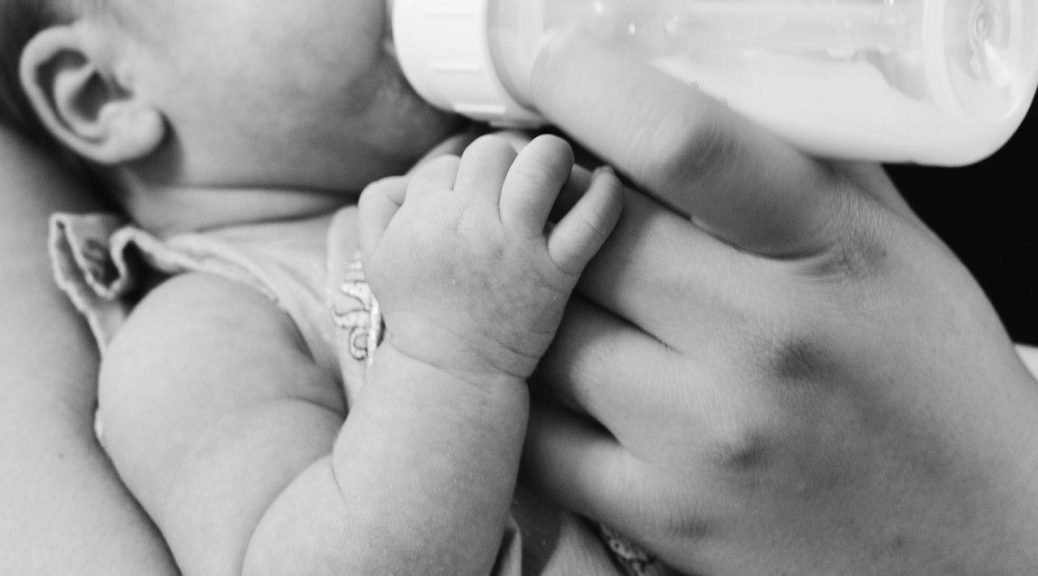
“My baby refuses to breastfeed and prefers a bottle; I feel bad”
“My baby is 4 months old. Two weeks ago, I had to start giving him formula as he was not gaining enough weight. The first days were fine, but now he doesn’t want to breastfeed anymore. Every time I approach him to my breast, he gets angry and cries. I feel very bad, I am so sad. And when I talk about it to my family, nobody understands me.”
When something like this happens, and it is unexpected, when a baby decides to refuse to breastfeed and only takes a bottle, you, as a mother, can experience many emotions. Many mothers come to consult with the LactApp team because they want to maintain breastfeeding or at least maintain mixed feeding, and sometimes, in the end, it is the baby who decides if he or she doesn’t want to continue breastfeeding. When this happens, when babies “reject” the breast, emotions such as sadness, anger, and frustration often dominate.
A baby’s rejection of breastfeeding can come after taking a bottle occasionally or also sometime after starting mixed feeding for a while. Either way, this situation can be very hurtful.
If a baby has started not wanting to feed at the breast anymore after having a bottle, it is very likely that you are confused and don’t quite believe it. And yes, in case you’re wondering, we can confirm that there are babies who stop wanting to nurse with just one touch of a bottle teat and one try of that rapid milk flow. But there is usually something you can do to try to get your baby to breastfeed again. And if you want your baby to breastfeed again, ask for help quickly.
If you have been mixed feeding for a while, you might be more aware that a rejection of breastfeeding can happen. Usually, these are babies who, before giving up the breast completely, are not very comfortable at the breast anymore or who only suckle quietly if they are very sleepy or very relaxed. If a baby starts to refuse the breast after behaving like this, you are probably more prepared for it, and resignation might be one of the main emotions you experience. But this does not mean that you cannot be sad or experience a grieving process. For some women, this rejection may be a relief as mixed feeding is not easy. If your baby is the one who has decided to stop breastfeeding, you might feel calmer because it was your little one who decided to do so, and now you can put a close to this stage. And there are also many mothers who feel relieved when their baby finally accepts a bottle and takes it without difficulties. Undoubtedly, every mother knows her own circumstances, and here, all feelings are always valid.
Another common occurrence is that your baby does not gain weight, and you have to offer formula. For many women, this is not easy, and that first bottle can be very painful. Sadness can flood everything; you may feel like crying, and you might not want to be the person to offer the milk to your baby and pass it on to someone else. It is not at all easy, and many mothers feel like this; many go through the same feelings, and no, you are not exaggerating! Things are not going as you expected, and that really hurts!
Surely, there are many more emotions and feelings related to starting bottle feeding. The important thing when these emotions overcome you or are not going away is to seek help. Find what you need, from talking to another mother who has gone through the same experience to, if necessary, getting help from a psychologist specialized in perinatal health.